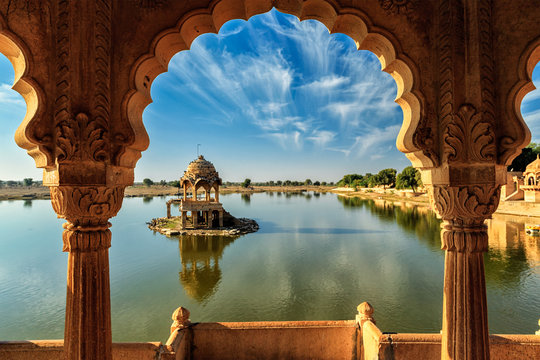¤ 10+ minutes Read
Bikaner
A complete tourist and cultural guide
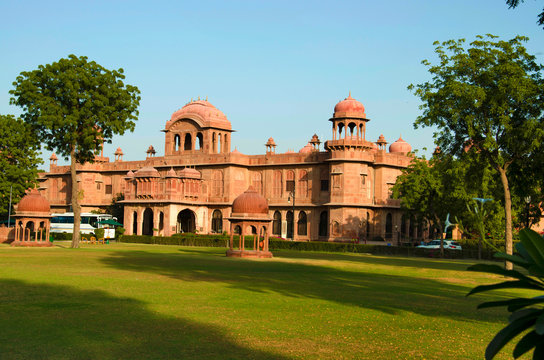
Must-Visit Attractions in Bikaner
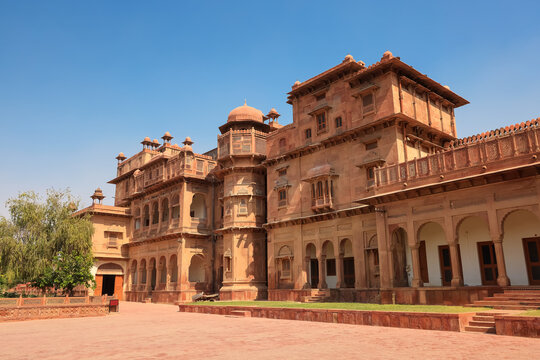
Junagarh Fort
A formidable fort that was never conquered, known for its exquisite palaces like Anup Mahal and Chandra Mahal, and beautiful courtyards.
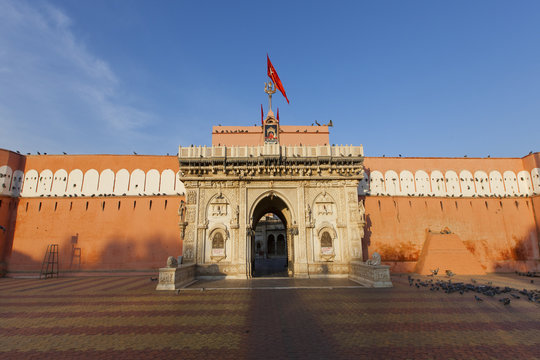
Karni Mata Temple
Famous as the “Rat Temple,” where thousands of holy rats are revered and cared for within the temple complex.
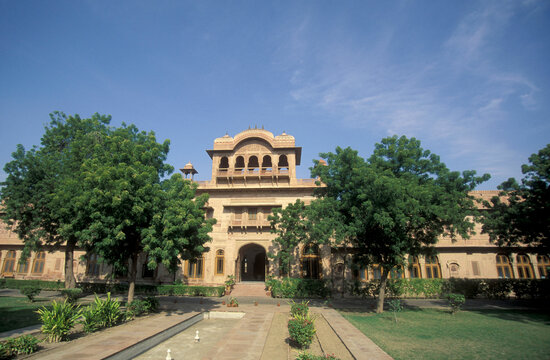
Lalgarh Palace
A magnificent palace built of red sandstone, showcasing a blend of Rajput, Mughal, and European architectural styles.
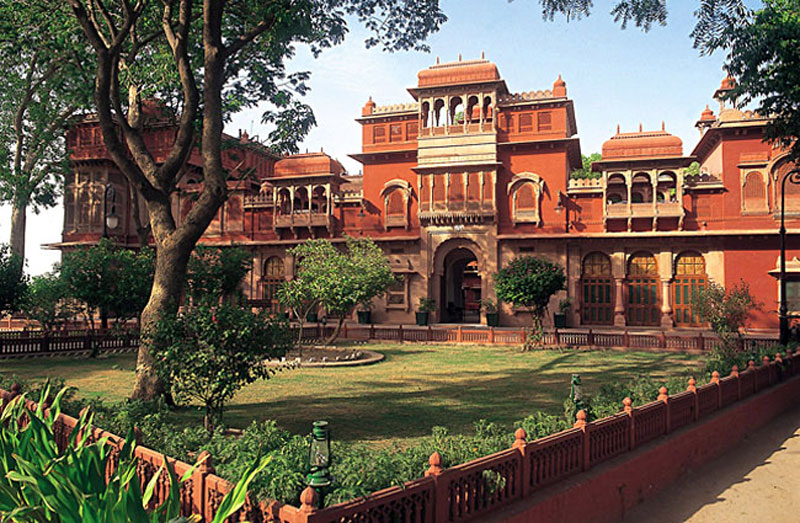
Gajner Palace & Lake
A former royal hunting lodge on a lake, now a heritage hotel, known for its peaceful ambiance and migratory bird sightings.
Major Attractions Nearby Bikaner
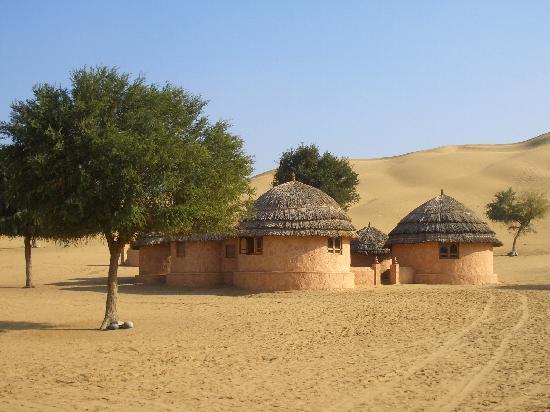
Khimsar Dunes Village
Experience the tranquility of the desert with a camel safari and stay at a heritage resort near the dunes.

Bhandasar Jain Temple
A 16th-century temple dedicated to the 5th Tirthankara, famous for its vibrant murals and intricate leaf paintings.
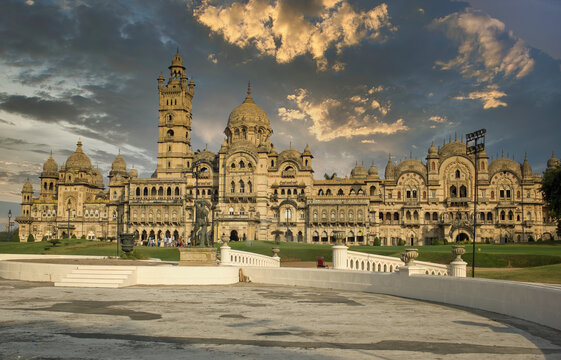
Laxmi Niwas Palace
Part of the Lalgarh Palace complex, this former royal residence is an architectural marvel, now a luxury hotel.

Devi Kund
The royal cremation ground of the Bikaner rulers, featuring ornate chhatris (cenotaphs) dedicated to the Rathore kings.
Things to do in Bikaner
Experience the royal, cultural, and desert essence of the city. From exploring grand forts to savoring local snacks, Bikaner offers a regal journey.
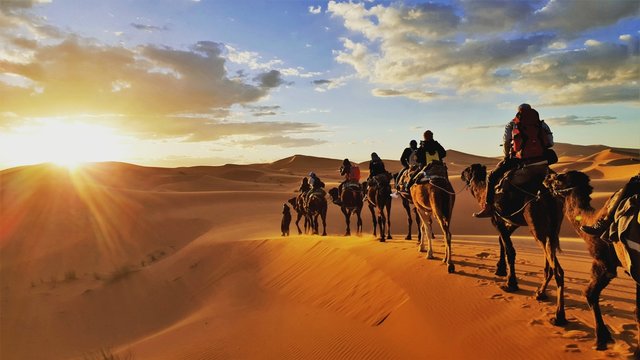
Camel Safari
Embark on a desert adventure with a camel ride on the sand dunes to witness a spectacular sunset.
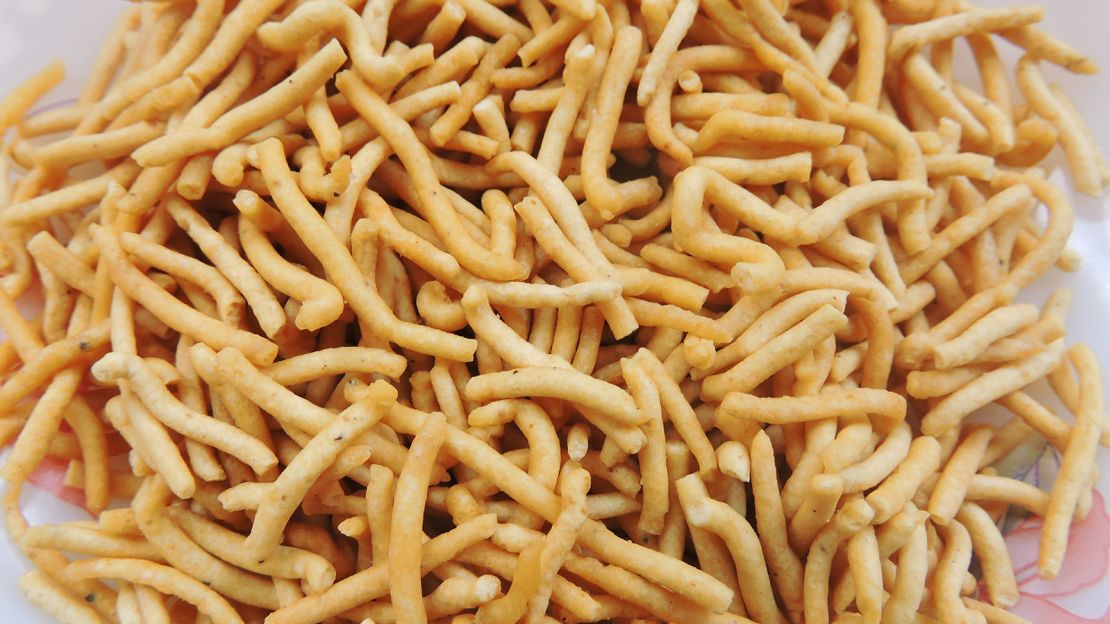
Taste Local Snacks
Savor Bikaner’s famous treats like Bikaneri bhujia, kachoris, and rasgullas. The flavors are as rich as the city’s history.
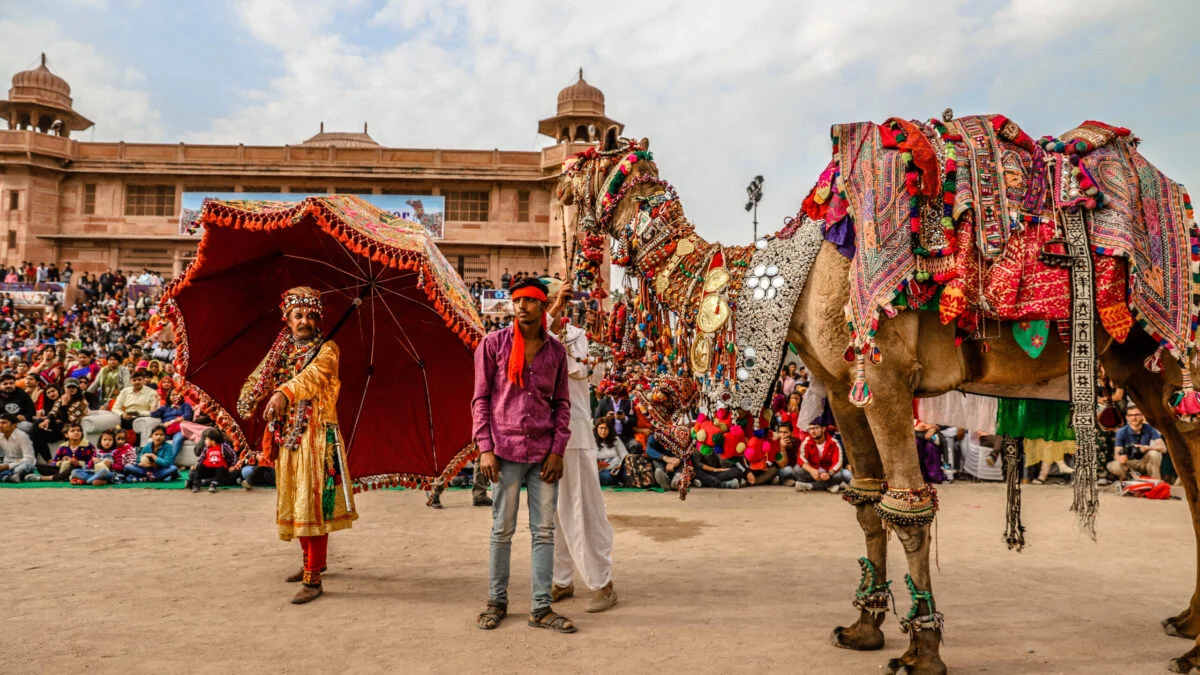
Attend a Cultural Show
Witness vibrant folk music and dance performances, including the captivating Kalbelia dance, at cultural centers or heritage hotels.
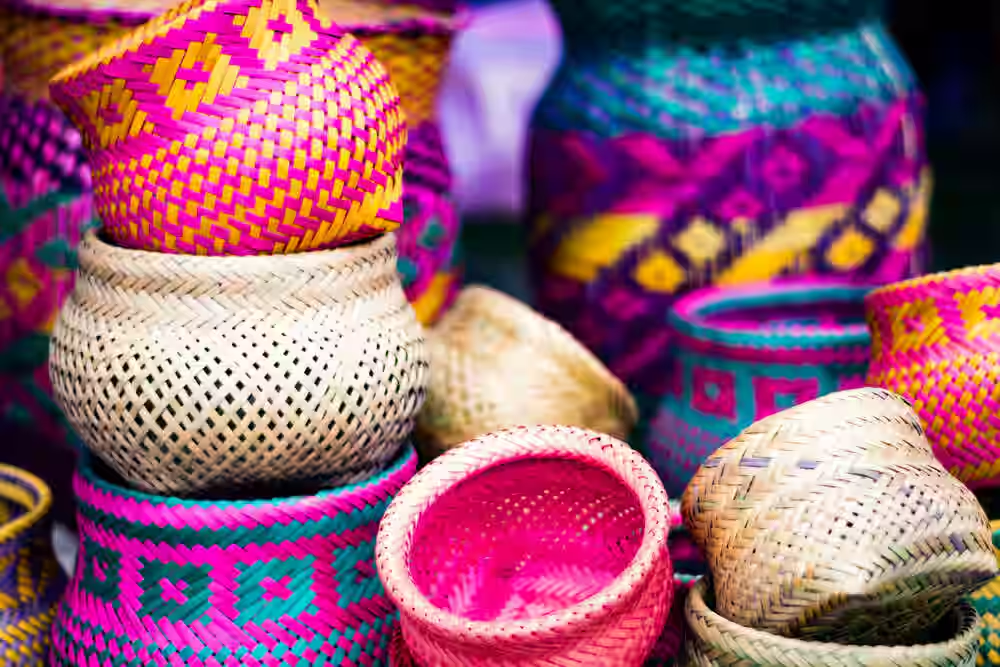
Shop for Local Crafts
Explore the bustling markets for unique souvenirs like camel leather products, miniature paintings, and embroidered textiles.
The Performing Art of Bikaner
Bikaner is a vibrant hub for Rajasthani folk arts. The city’s culture is deeply influenced by the desert, with music and dance forms that tell tales of valor, romance, and daily life. Folk artists from the Manganiyar and Langa communities keep the tradition alive with soulful renditions.
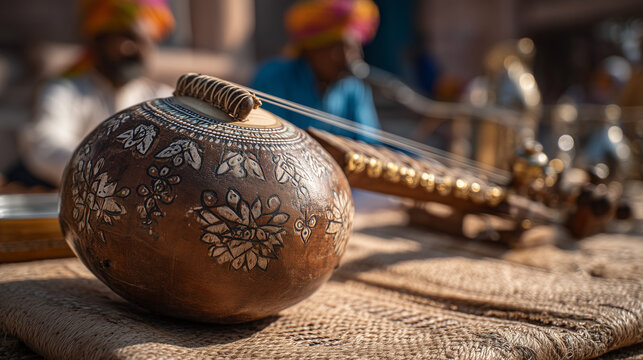
Rajasthani Folk Music
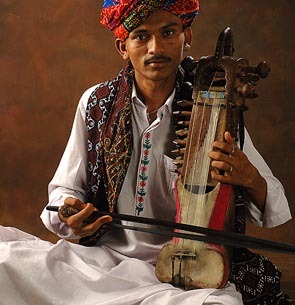
Manganiyar & Langa Songs
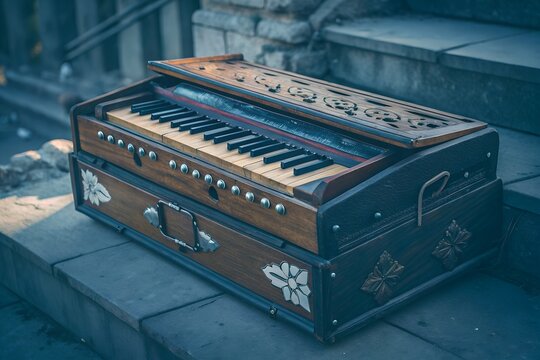
Devotional Bhajans
The state is a major center for Hindustani classical music, with iconic gharanas like Gwalior and Banaras shaping its evolution. The soulful Thumri, Dhrupad, and Khayal styles are widely performed. Folk music, including the Chaiti and Birha genres, tells tales of love, devotion, and daily life.
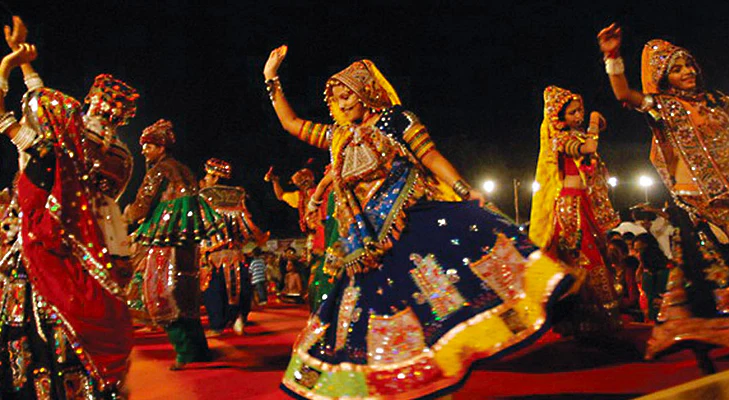
Ghoomar
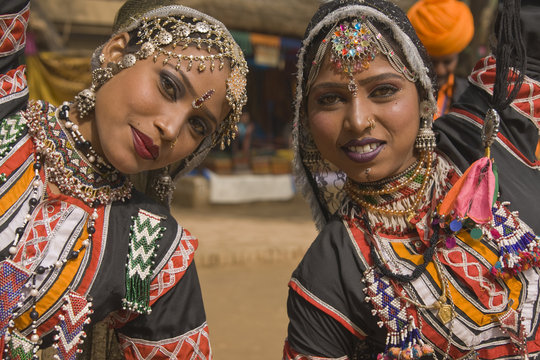
Kalbelia
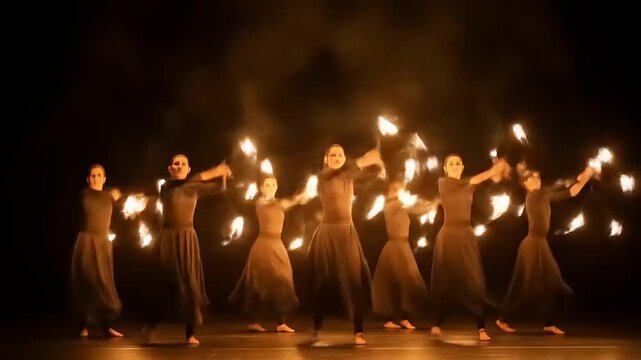
Fire Dance
Kathak is known for its intricate footwork, spins, and storytelling, Kathak has its roots in the temples of Varanasi and Lucknow. The state also celebrates vibrant folk dances like Ramlila, a dramatic performance of the Ramayana, and Rasiya, which is performed during festivals.

City Vibes - A Regal Desert Oasis
Bikaner radiates an aura of timeless royalty and desert charm. The city’s essence lies in its grand forts, the lively hustle of its markets, and the serene vastness of the surrounding sand dunes.
The aroma of freshly fried bhujia, the sight of camels plodding through the streets, and the sound of folk music create an unforgettable atmosphere.
Heritage of Bikaner
Bikaner’s heritage is a proud testament to its Rathore rulers. The city’s legacy is preserved in its majestic forts, ornate palaces, and exquisitely carved temples and havelis. The unique desert architecture, with its jharokhas (overhanging balconies) and jaalis (lattice screens), is designed to provide respite from the harsh climate.
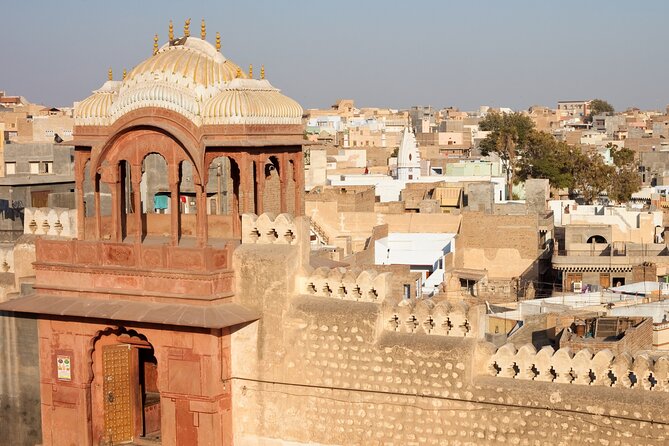
Cuisine of Bikaner
Bikaner is a paradise for food lovers, offering a variety of savory snacks and sweet delights.
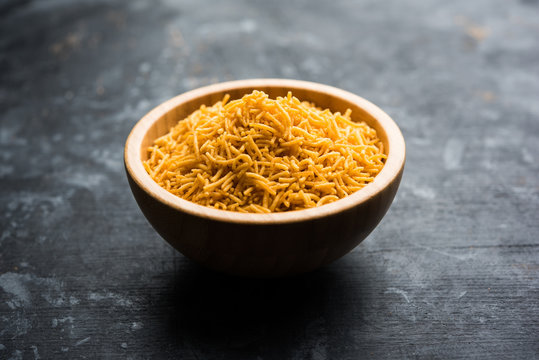
Bikaneri Bhujia
The world-famous crispy, spicy snack made from gram flour and spices, a signature product of the city.
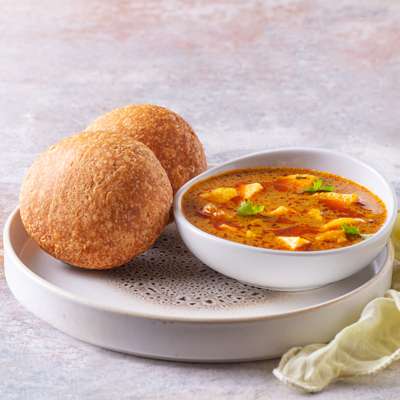
Kachori & Aloo Sabzi
A staple breakfast, where deep-fried, flaky kachoris are paired with a spicy potato curry.
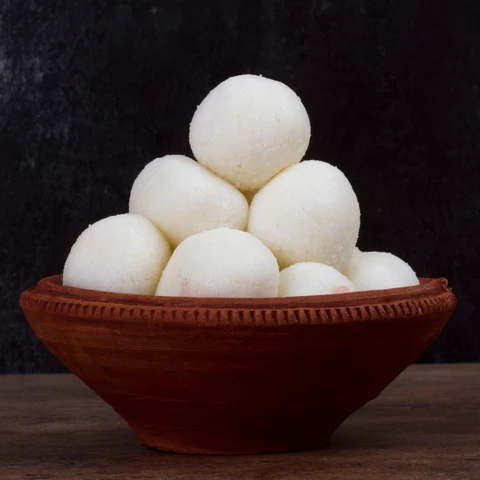
Bikaneri Rasgulla
A local variant of the classic Indian sweet, known for its unique texture and sweetness.
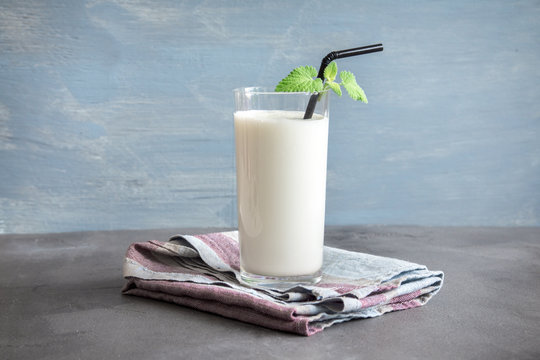
Lassi
A sweet and creamy yogurt-based drink, often served in kulhads (clay cups), perfect for the desert climate.
Shopping in Bikaner
Shopping in Bikaner offers a delightful mix of traditional crafts and unique desert products.
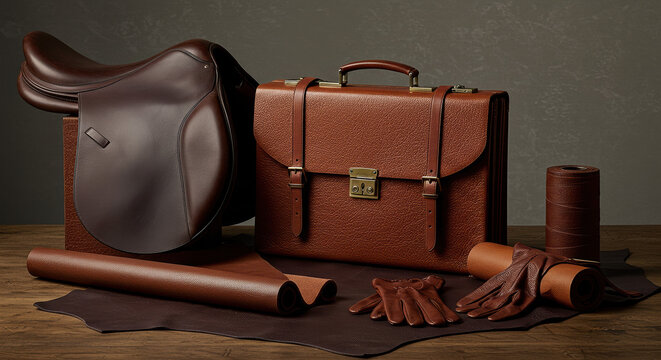
Camel Leather Goods
From bags and wallets to footwear, the fine camel leather craftsmanship is renowned.
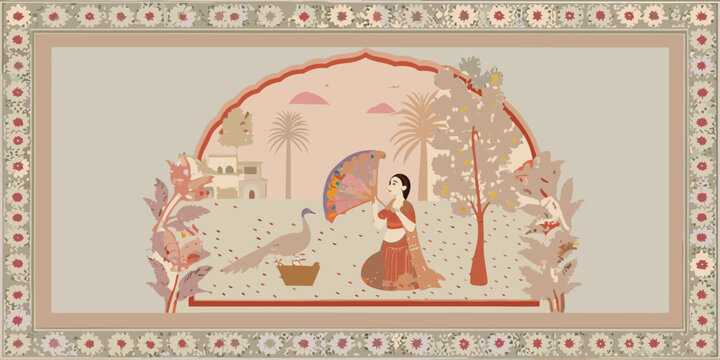
Miniature Paintings
Exquisite artworks depicting royal scenes, folklore, and religious themes.
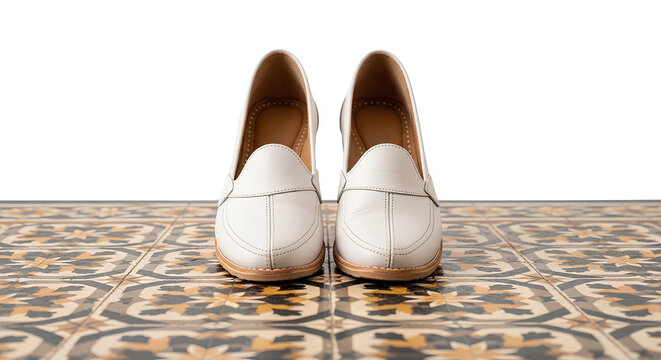
Mojris
Handcrafted, embroidered leather shoes known for their comfort and style.
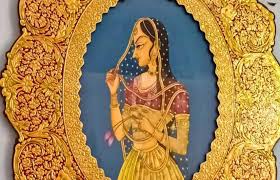
Usta Kala Art & Lacquerware
A traditional craft involving gold nakashi work on camel leather and wood, creating beautiful artifacts.
Tourist's Handbook
The best season to visit Bikaner is during the winter months, from October to March. During this period, the weather is pleasantly cool and sunny, making it ideal for exploring the majestic forts and palaces. The comfortable temperatures are perfect for embarking on desert safaris and camel rides. This season also coincides with vibrant local festivals, adding to the cultural experience. Avoid the scorching summer months from April to June, when the desert heat becomes extreme.
Stay Hydrated in Desert Climate – The dry desert heat can cause dehydration; carry water and drink frequently, especially during outdoor sightseeing.
Beware of Pushy Guides & Touts – Politely decline overly persistent guides or shopkeepers; always negotiate prices beforehand and use licensed guides.
Respect Temple Customs – Dress modestly, remove footwear before entering temples, and be extremely cautious not to step on rats at Karni Mata Temple.
Secure Your Belongings – Keep valuables secure in crowded markets and tourist spots; avoid displaying expensive jewelry or large amounts of cash.
Check Weather for Desert Trips – Before heading to sand dunes, verify weather conditions as sandstorms can occur suddenly, reducing visibility.
Navigating Bikaner is best accomplished using a combination of transportation modes. Auto-rickshaws are ideal for short trips within the city center and its bustling markets. For visiting outlying attractions like the Karni Mata Temple in Deshnok or Gajner Palace, hiring a private cab for the day is the most convenient option. The compact Old City area, with its narrow lanes and vibrant bazaars, is perfectly suited for exploration on foot. This approach allows visitors to fully immerse themselves in the city's royal atmosphere and discover its hidden architectural gems at their own pace.
Overpriced Guide Services – Always use licensed guides from government-approved counters, especially at Junagarh Fort.
Fake Craft & Souvenir Sales – Be cautious of shops selling imitation Bikaneri bhujia, counterfeit camel leather products, or fake miniature paintings.
Unauthorized Photography Charges – Some touts may demand money for photos at tourist sites; photography is generally free in public areas.
Inflated Camel Safari Prices – Negotiate desert safari rates clearly in advance and avoid paying large amounts without proper service verification.
Fake Hotel Booking Agents – Book accommodations only through verified platforms or directly with hotel reception to avoid reservation scams.
Bikaner Blogs
- Rajasthan Cultural Guide
- Places to visit in Bikaner
- Places to visit nearby Bikaner
- India’s royal desert destinations
- India’s architectural marvels
Recommended articles
- Rajasthan’s Desert Heritage Guide
- Complete Bikaner Travel Itinerary
- Hidden Gems Around Bikaner
- India’s Best Desert Tourism Destinations
- Royal Palaces of Rajasthan Guide

